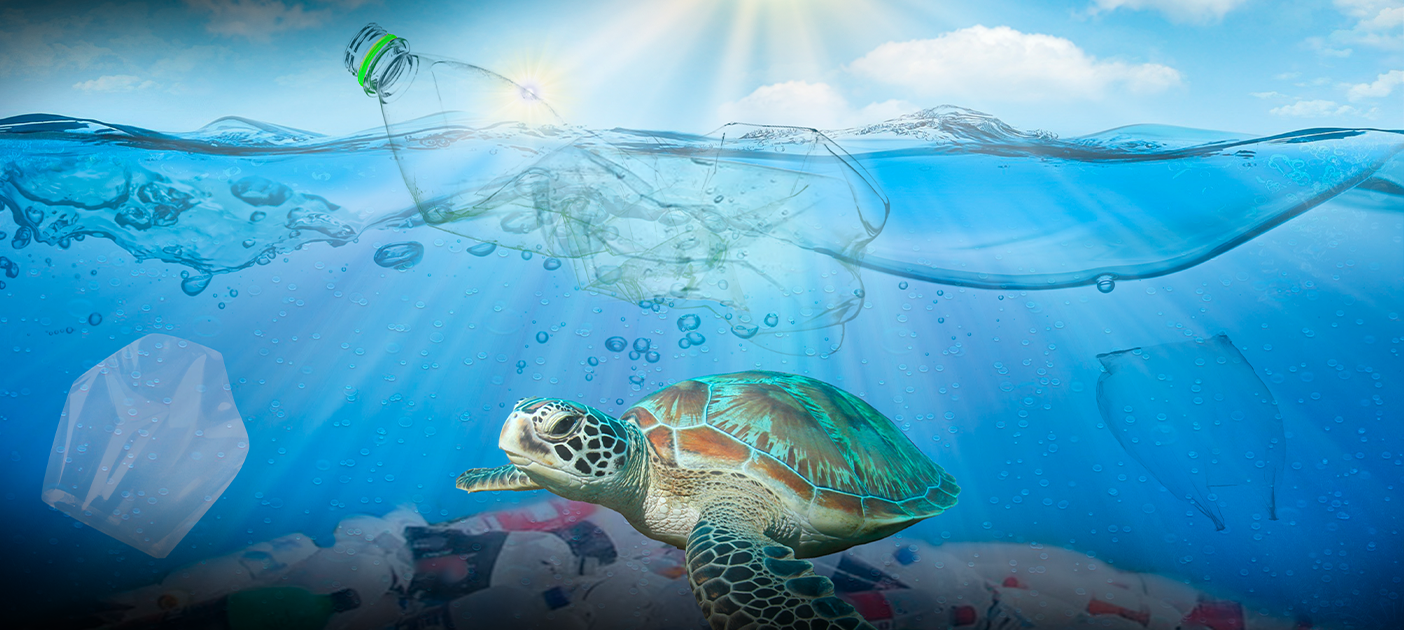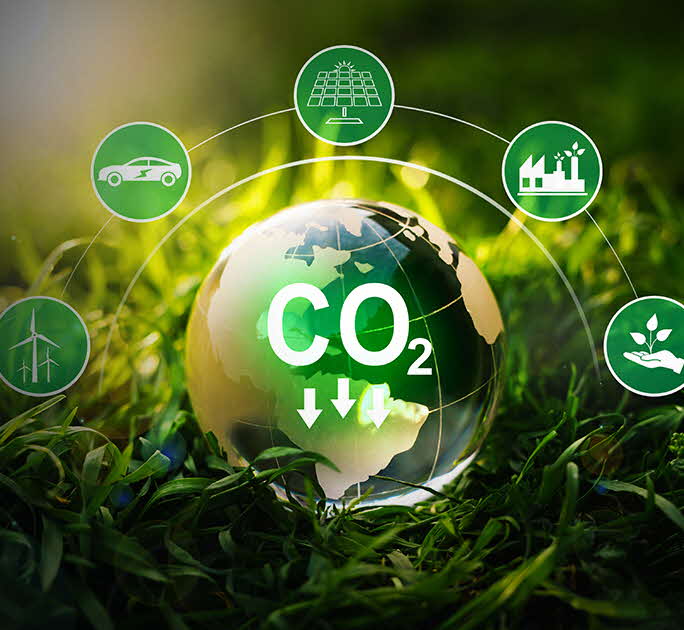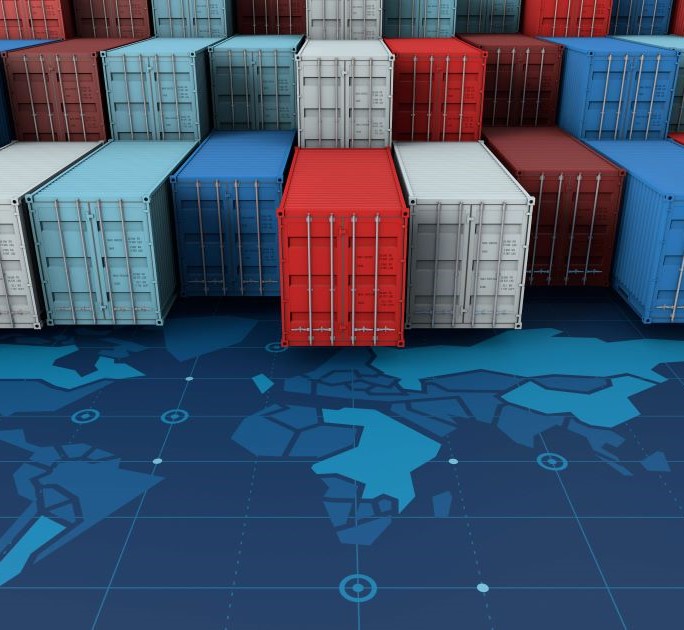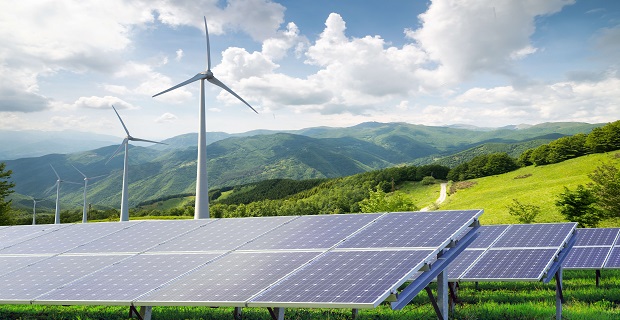Addressing the Blue Crisis with Taiwan’s First Blue Loan

In Partnership with Bloomberg Media Studios
We are in the middle of a blue crisis: Not a single square mile of surface ocean is free from plastic pollution.1 With an additional 8 million tons entering the ocean every year,2 there will be more plastic than fish by 2050.3
Ocean plastic carries grave implications for our planet. Scores of marine species get entangled in or ingest plastic waste every year, which can prove fatal. Over time, ocean plastic breaks down into microplastics, which contribute to climate change through greenhouse gas emissions and by negatively affecting organisms like plankton that sequester carbon emissions.4 To overcome these challenges, we must act now.
“The ocean is one of our planet’s most valuable and precious natural resources,” says Tony Luo, Head of Institutional Banking Group at DBS Taiwan. “It’s one of the main repositories of biodiversity and an essential component of climate regulation. Our client and partner Far Eastern New Century Corporation (FENC) has been working on enabling a circular economy for over three decades, using its unique waste recovery and recycling technology to conserve ocean ecosystems.”
More than three decades ago, FENC established Taiwan’s first PET bottle recycling plant. Today, the green material maker processes more than half of Taiwan’s PET waste, recycling bottles to create sustainable polyester using a process that generates 63% less carbon emissions than its virgin counterpart.5
“We are one of the few companies with vertically integrated recycling resources from upstream, midstream to downstream,” says Dr. Eric Huang, Senior Vice President of the Filament Division, FENC. “We set a very clear direction from the start, and today, we are ranked second globally for recycled polyester capacity.”
In 2016, FENC partnered with sports goods maker adidas AG and non-governmental organization Parley for the Oceans to commercialize trainers using recycled plastic intercepted on remote islands, beaches, coastal communities and shorelines.6 The partnerships produced 50 pairs of trainers during its first year and has since produced over 60 million pairs accumulated. Meanwhile, this partnership will see FENC contribute sustainable jerseys made from recycled Parley Ocean Plastic to several football teams in the upcoming World Cup, demonstrating the power and potential of polyester made from recycled materials.
Making Bigger Waves with a Sustainable Blue Economy
As of 2021, FENC has the capacity to produce 320,000 tons of polyester made from recycled PET bottles. It aspires to reach 1.5 million tons by 2030, becoming the world leader. To get there, FENC will expand its recycling and production operations at home as well as in Japan, China, Vietnam, Malaysia, the US and the Philippines.
“We need to expand our collection system network and production capacity,” Dr. Huang says. “We established a successful model in Taiwan, which we can bring to other locations to drive growth. Success requires great partners across everything from supply chain to financing.”
To advance sustainability and business strategies, FENC actively strives to be a pioneer in Sustainable Finance. It is currently the only enterprise accredited to issue four types of sustainable bonds in Taiwan and has built partnerships with large-scale banks aiming at fully realizing sustainability based on the core business value of vertical integration in its industrial chain.
In June 2022, DBS Bank Taipei Branch granted FENC a NT$1 billion ($33.65M) blue loan. A first in Taiwan, the funds raised are certified and tracked exclusively for projects that support a blue economy. Examples include the sustainable use of ocean resources for economic growth, improved livelihoods, and supporting ocean ecosystem health. In this case, the loan will enable FENC to recycle more marine waste as part of its expansion plans and implement ocean protection projects.
“The proceeds of the blue loan will be used for FENC’s projects relating to water sanitation, clean water supply, ocean-friendly products and marine ecological restoration – all of which have a positive impact on the environment and aligns with DBS’ broader sustainability agenda,” Luo says. “Through these efforts, we hope to encourage more corporates and individuals to understand and contribute towards a sustainable blue economy.”
The Case for Blue Finance
Sustainable finance continues to gain traction. Global sustainable debt issuance, for instance, surged to $1.6 trillion in 2021 led by green bonds and sustainability linked debt. While momentum bodes well for our planet, blue bonds have yet to pick up.
“The first-in-market blue loan with FENC not only supports its continuous development on blue projects, but also hopes to drive awareness on ocean and water resource sustainability,” Luo says. “This reflects our ambition of creating a more sustainable planet from different angles.”
Blue finance could play a vital role in Asia. The region needs a type of sustainable debt to fund water projects and protect the oceans given that it has more than 100,000 kilometers of coastline. Not only will blue finance support biodiversity, but it can also play a crucial role in addressing climate change as the world strives to realize net zero carbon emissions.
“As a leader in sustainable financing, DBS has a strong commitment to supporting its clients to transition towards a more sustainable future. We look forward to working together with DBS and our clients in the long term to build a better world together,” Luo adds. “We aim to support clients to build a better world together.”
1. Biological Diversity
2. National Ocean Service
3. WWF
4. World Bank
5. CommonWealth Magazine
6. FENC



